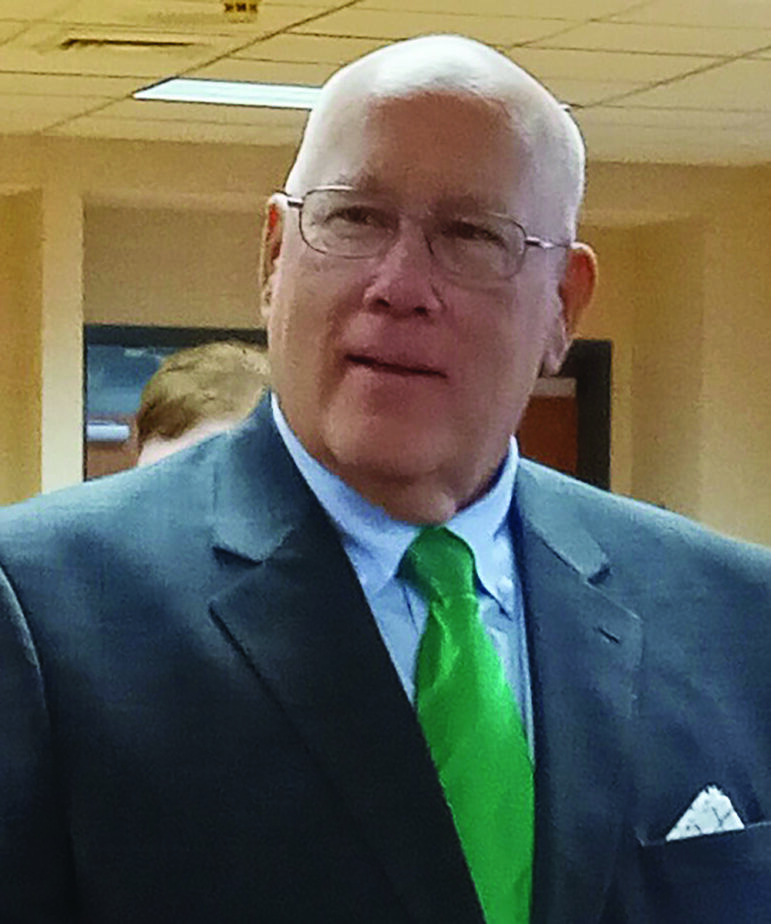
Connecticut has 169 towns that all provide municipal services like assessment, tax collection, land records recording, building inspection services, public works services like trash collection, road maintenance and snow plowing, first responder services like police and fire protection, and, of course, education for the town’s children and young adults.
While salaries to pay these municipally required employees is usually a town’s largest expense, each community is a major consumer of commodities like gasoline, diesel, electric, natural gas, and professional services including electricians, plumbers, HVAC contractors, architects, and engineers of various disciplines.
If each of the 169 Connecticut towns went it alone to secure these services, the town would usually issue a request for proposal (RFP) and identify local vendors who can meet the town’s consumer needs. And that process is highly inefficient as 169 towns issuing individual RFPs for unique needs is slow, costly and creates a bottleneck as each town works to accelerate projects meaningful to the community.
A partial answer to this conundrum that our town faces is membership in the Connecticut Conference of Municipalities (CCM), the Capital Region Council of Governments (CRCOG) and Council of Small Towns (COST).
CCM does good work representing all 169 cities and towns on legislative issues while its insurance arm, the Connecticut Interlocal Risk Management Association (CIRMA), supplies most of the 169 cities’ and towns’ property and casualty insurance needs.
CRCOG also does good work aligning the regional needs of 38 central Connecticut towns, including some shared bidding on gasoline, diesel and heating oil, among others.
COST also represents dozens of Connecticut towns at the Capitol, so our voices are heard on smaller town issues. But that still leaves Granby spending a lot of time, energy and money procuring alone. So, what do we do to become more efficient? We build relationships with nearby towns.
Enter the Northeastern Regional Municipal Government Cooperative (NRMGC) whereby eight geographically co-located towns, including Windsor Locks, Suffield, Enfield, East Granby and Granby, work together on issuing joint bids for services that each town uses.
The end result of such cooperation is quicker turnaround on projects as local vendors are pre-priced and ready to use, more local vendor selection as a vendor submits one bid for use by eight towns, and better volume-based pricing.
So that’s a peek inside how your community participates regionally for better representation on legislative issues, and how by banding together on procurement, we receive better pricing from local vendors than if we went it alone.
Looking into the future, the stage is set for more regional cooperation on a host of local issues, and that’s good for our town.